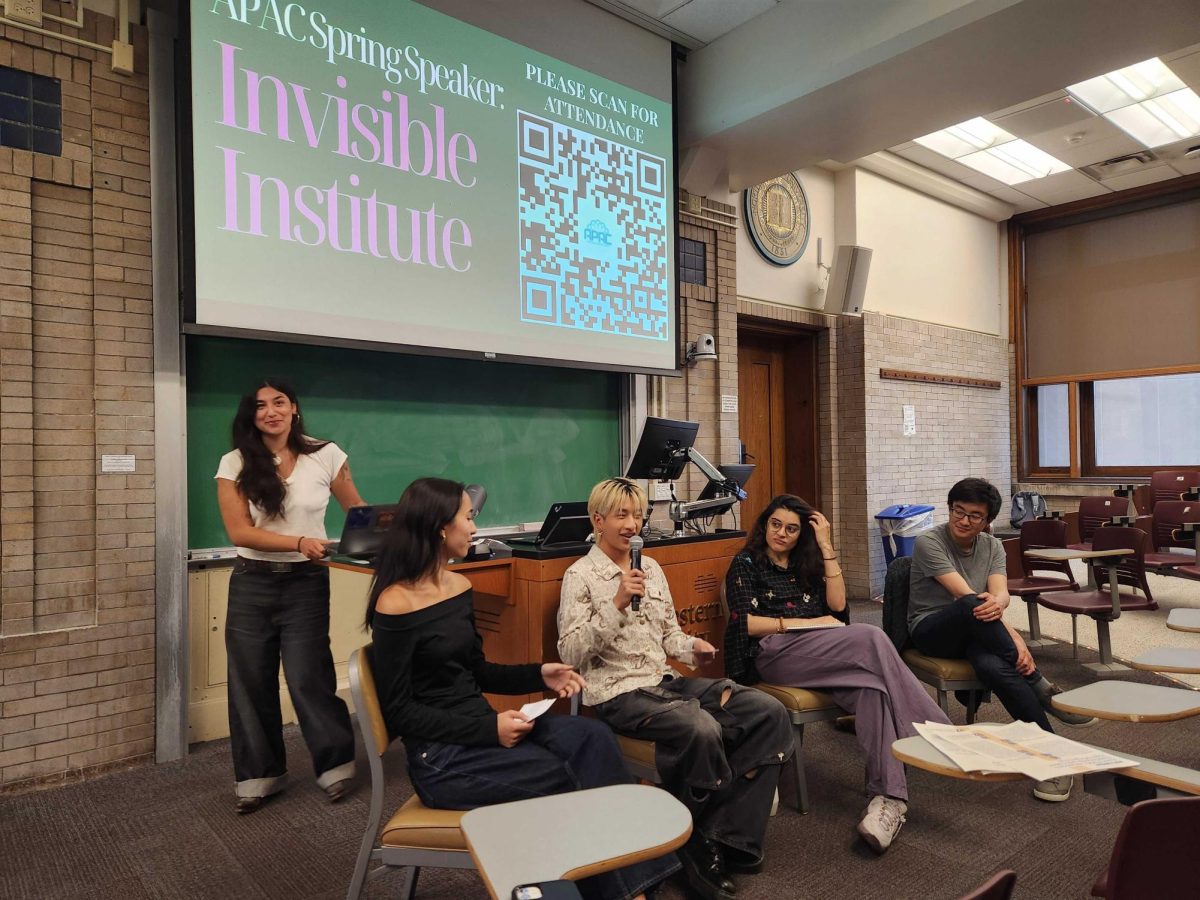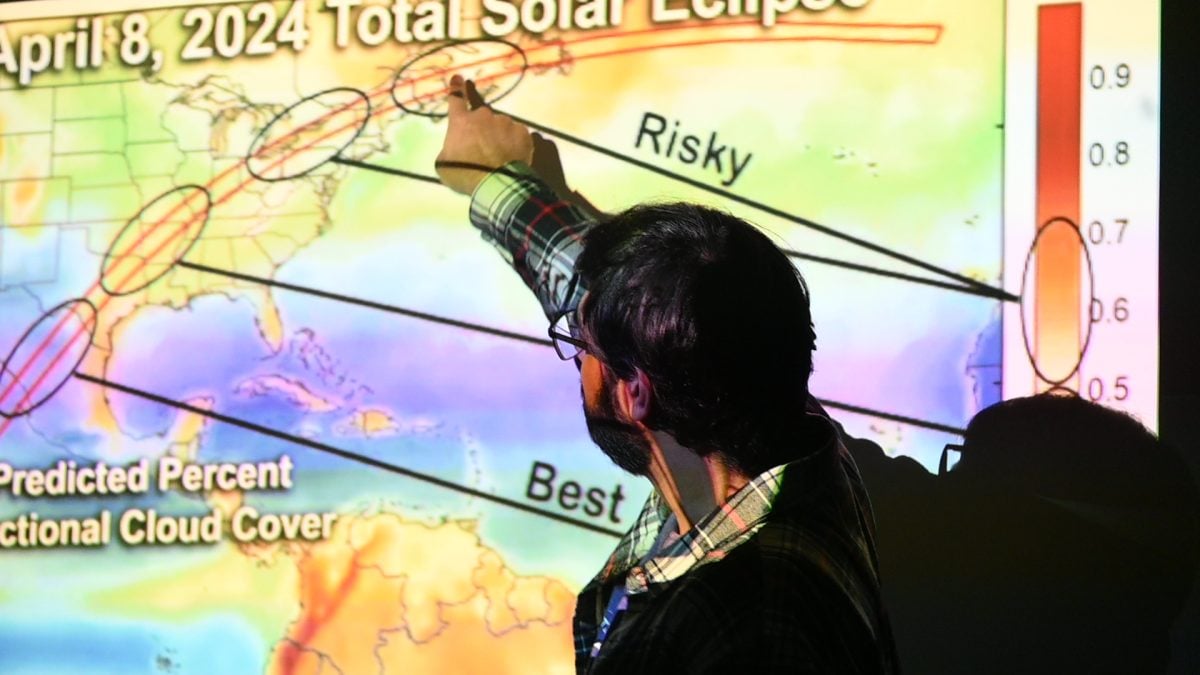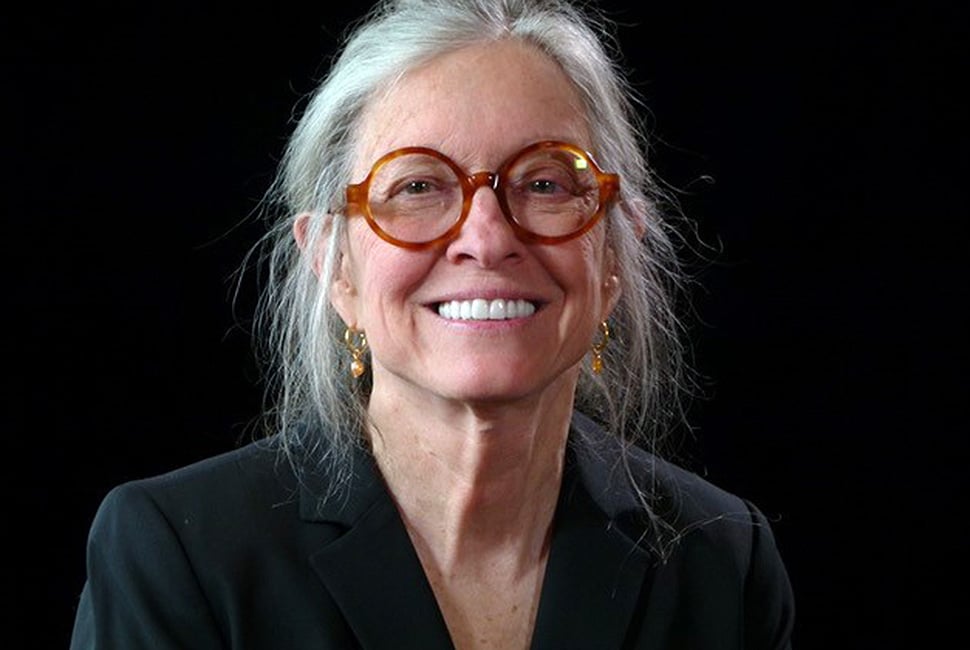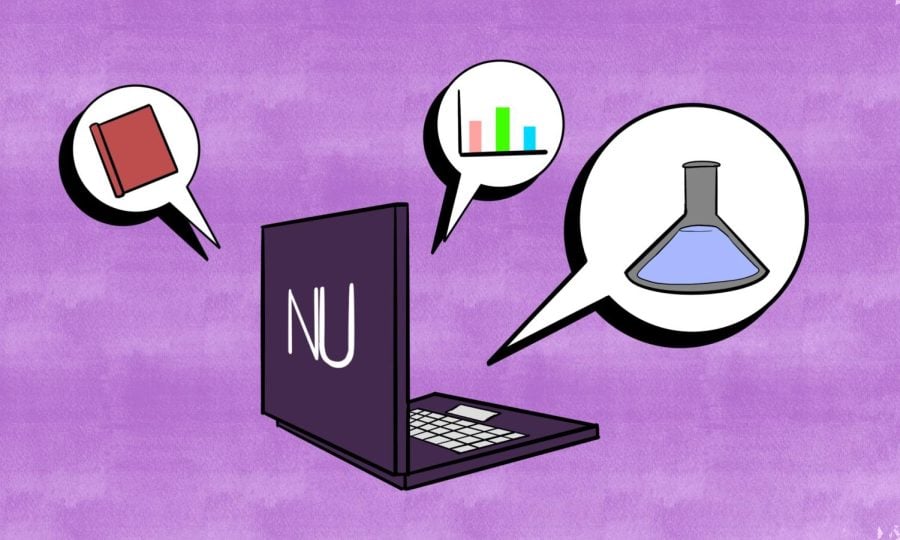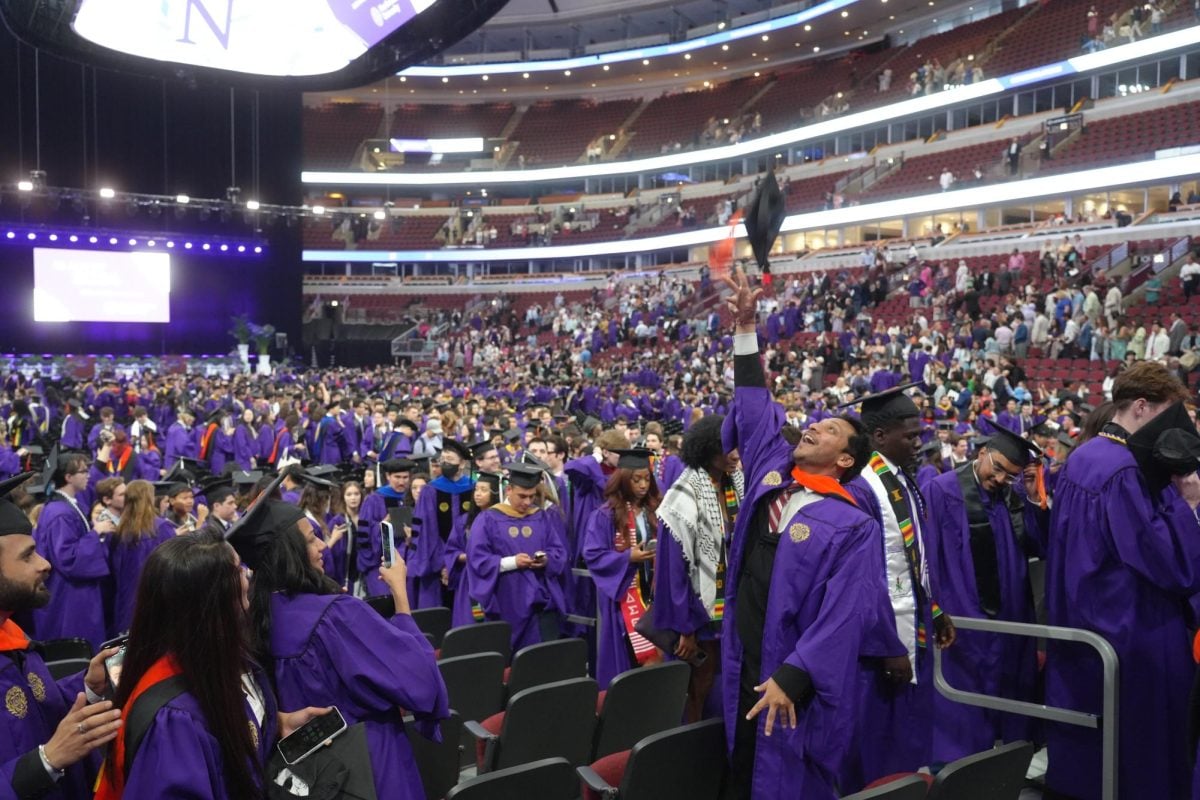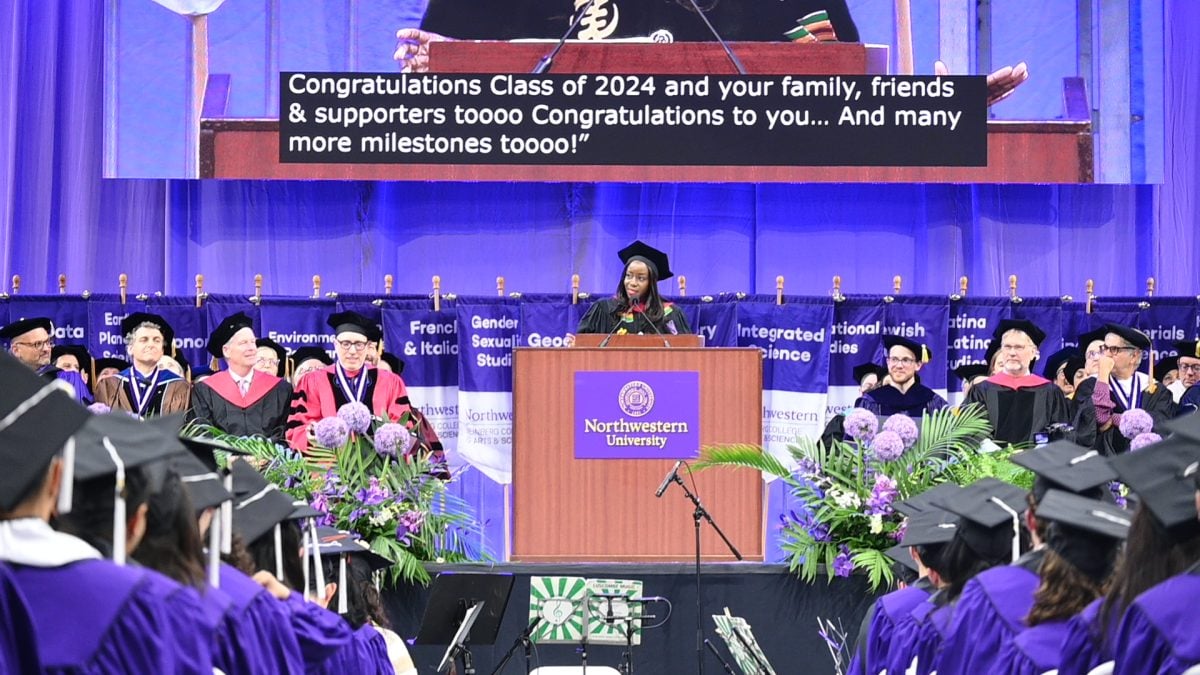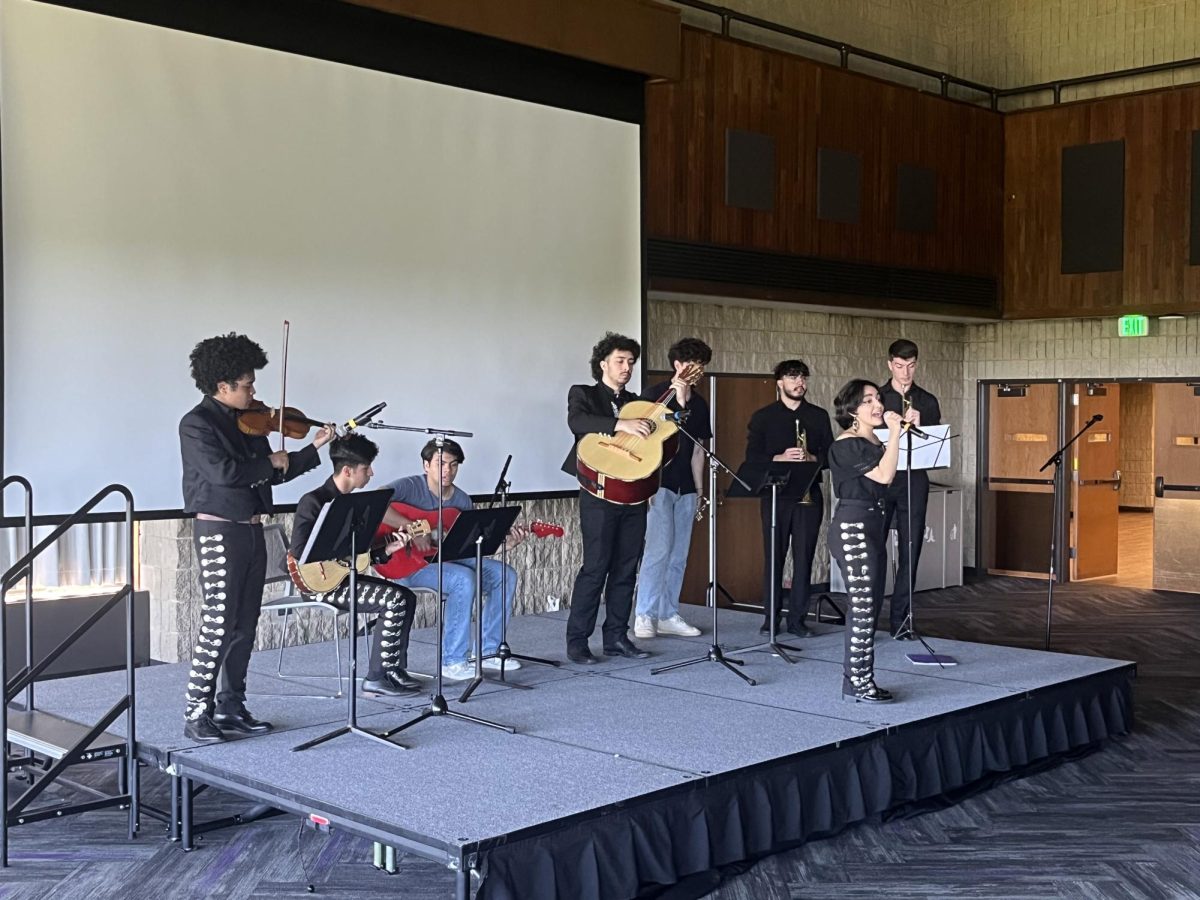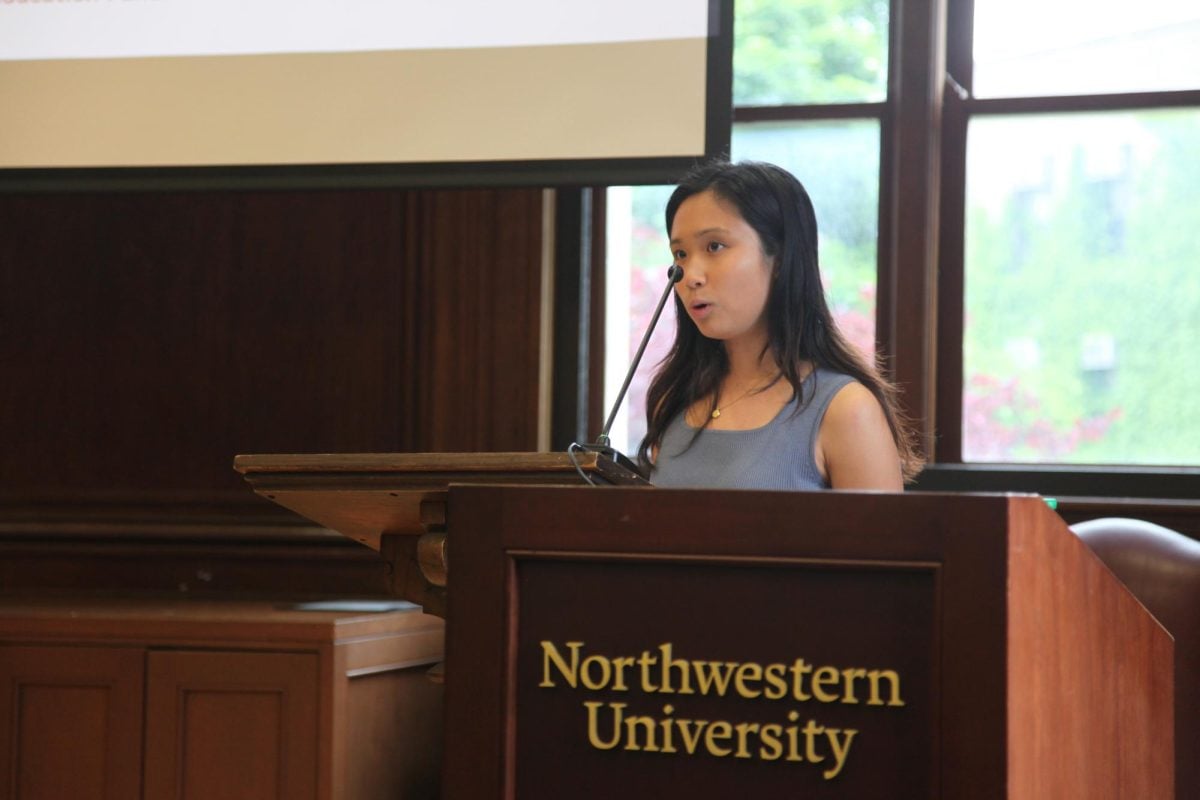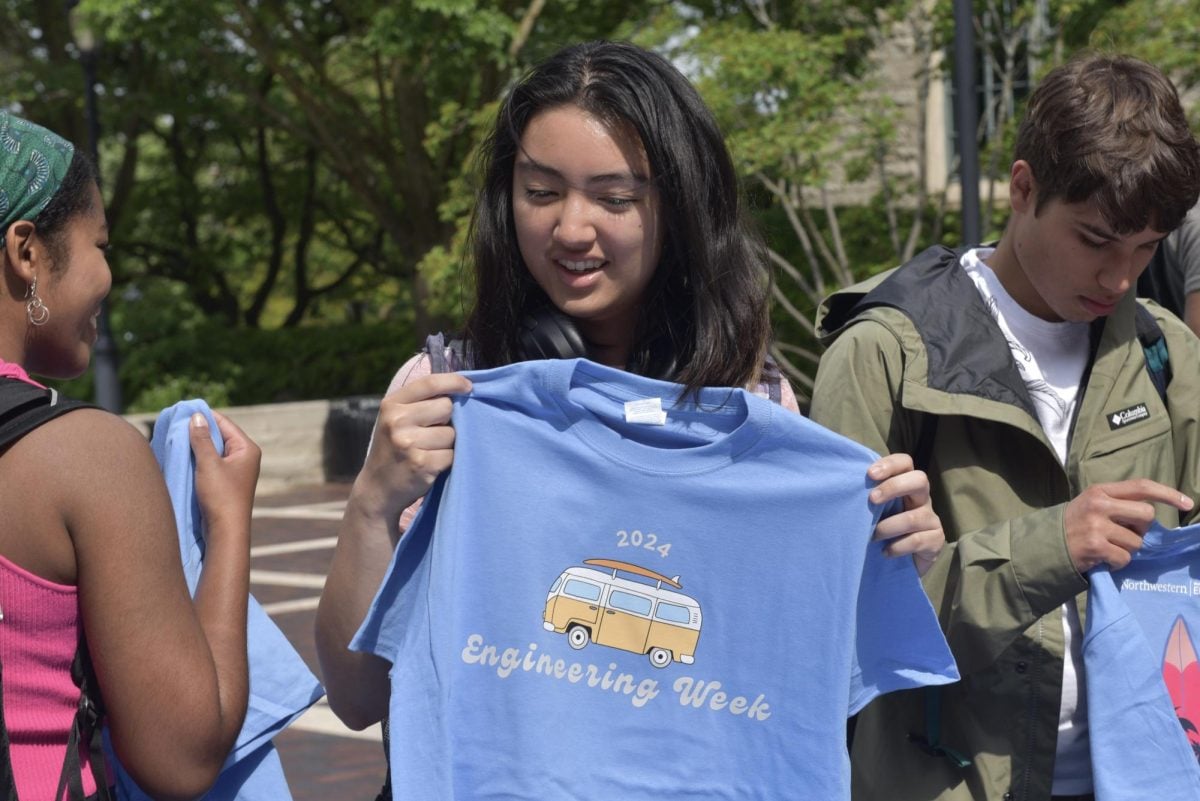Northwestern’s Asian Pacific American Coalition hosted two representatives from Pulitzer Prize-winning nonprofit journalism production company Invisible Institute as its spring speakers at Swift Hall on Thursday evening.
Invisible Institute Executive Director Andrew Fan and Director of Public Strategy Maira Khwaja spoke on how their Asian identities impacted their journalistic work and ability to build relationships within their community in the south side of Chicago.
“I have struggled with a lot of Asian organizing environments, in part because it has come from a place of desiring and wanting more,” Khwaja said.
She said embracing being Asian as a political identity is important in reclaiming power for those who historically have not had decision-making opportunities.
However, she said Asians being seen as a “voter bloc” in the U.S. does not mean that political power has been regained by Asian people.
Fan agreed with Khwaja and added that he did not feel the collective Asian identity was helpful politically until he was in graduate school, when he realized it was useful in terms of organizing.
“The ability to create coalition was really helpful and powerful,” he said.
APAC external co-chair and Weinberg sophomore Eric Lin said he learned a lot about organizing work within Chicago, specifically in the south side, through Thursday’s speakers.
Lin, also an event moderator, said the organization looked at many Asian and Pacific American organizations in the greater Chicago area but decided on Invisible Institute, as they seemed like the most genuine and passionate option. In particular, he highlighted how the group works within communities and does not push a particular agenda.
“Community-building, especially amongst different marginalized communities, seems to me like one of the most important ways that we can continue doing activism within Chicago,” Lin said.
For Fan, it was also important to understand how his identity informs his work as an Asian person who works primarily with non-Asian people like Latine and Black communities. Specifically, it means discerning what being in solidarity means in practice, he said.
Khwaja said the journalism the Invisible Institute does centers around a human rights stance that looks to enhance the civil society’s capacity to hold the government accountable.
“Policing is a helpful shorthand, but we are fundamentally talking about power related to state institutions and negligence and violence that they can act on civil society if it’s not strong enough or informed enough,” Khwaja said.
However, Fan emphasized that Invisible Institute does not have a political stance as an organization.
He said there’s a standard for journalistic “objectivity” — one that does not question power and ask other “political questions” — that some use, which the group does not believe exists.
The pair also discussed how their relationship to Chicago has changed since joining the Invisible Institute. Khwaja said organizing alongside her journalism has kept her from “falling into despair.”
“I feel that the power-building, base-building work coupled with this truth-telling human rights, reporting journalism approach is life-giving for me,” Khwaja said.
Email: [email protected]
Email: [email protected]
Related Stories:
— Asian Pacific American Coalition hosts dialogue on reparations for Japanese Americans
— Fourth annual Umbrella Arts Festival celebrates Asian diaspora cultures, art











